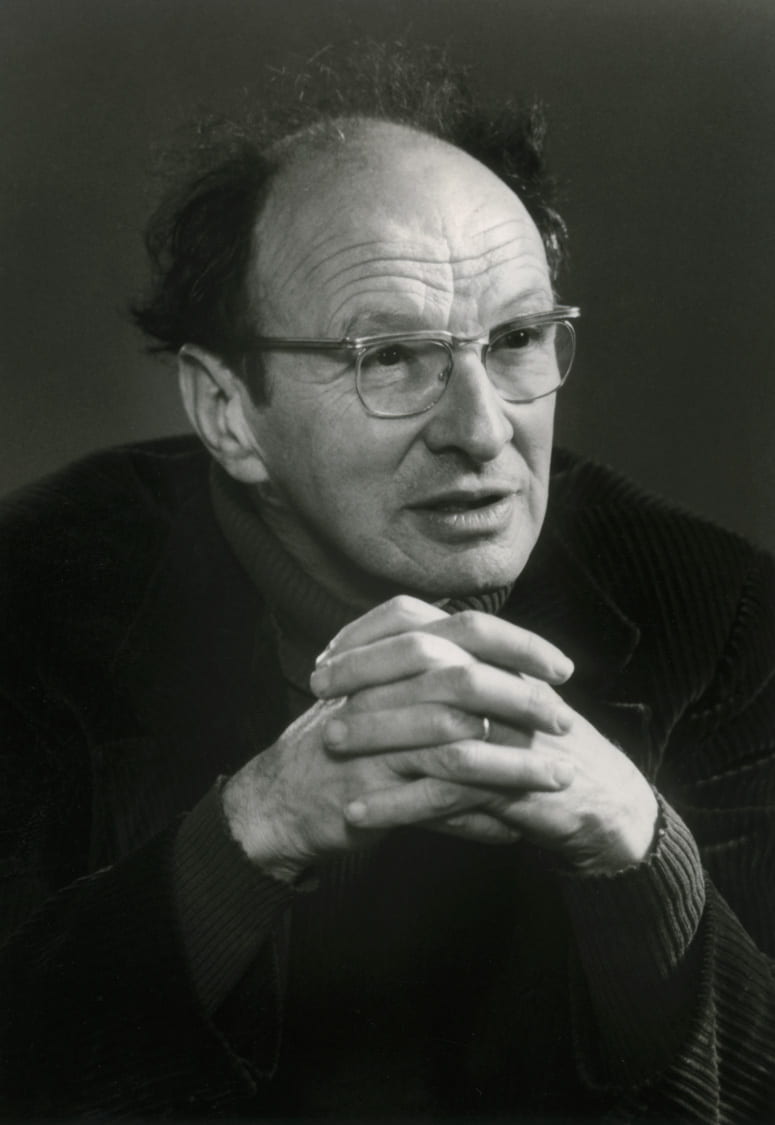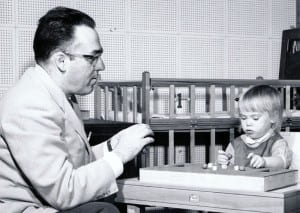
Although Commencement exercises for the Cornell Class of 2020 were canceled to prevent the spread of COVID-19, the department of Human Development honored the academic achievements of this year's outstanding students with its highest awards.
The Urie Bronfenbrenner Award is presented to a student who has demonstrated excellence in research. Professor Urie Bronfenbrenner taught at Cornell for over 50 years and was a highly influential developmental psychologist famous for "ecological systems theory" and his holistic approach to human development.
- Karlee Patrick was awarded this year's Bronfenbrenner Award. Karlee has been a member of Professor Corinne Lockenhoff's Healthy Aging Lab and was the Bronfenbrenner Center for Translational Research's 2019-20 Kendal Scholar. Read more about Karlee's accomplishments here.

The Henry Ricciuti Memorial Awards for Outstanding Seniors in Human Development are awarded to graduating seniors who have achieved "distinction in research, excellence in leadership, and/or have contributed to exceptional community and public service during their undergraduate career at Cornell University." Professor Ricciuti taught at Cornell for more than half a century and was an expert in the cognitive and emotional development of infants and children and mentored many students in human development.
- Recipients of this year's Ricciuti Award are Nahisha Alabre, Sarita Emma Benesch, Nicholas Cicero, Alexandria Dominguez, Gabrielle Kubi, Mackenzie Morehouse, Karlee Patrick, and Lindsey Tarpinian.

